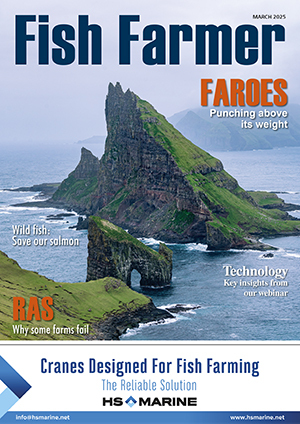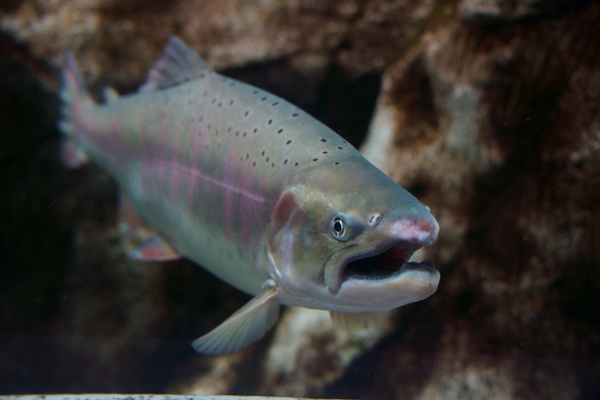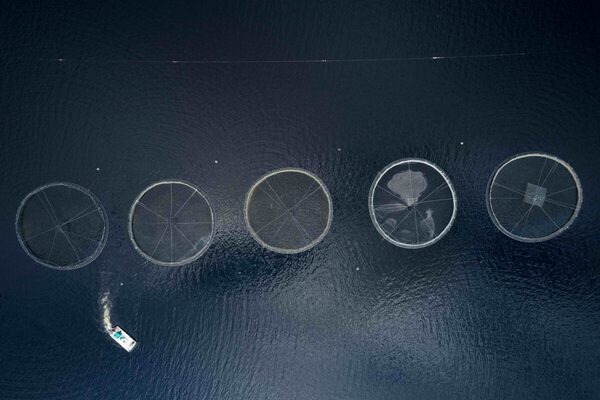Farmers dismiss ‘safety protocol’ as activist stunt
The salmon industry has rejected calls to get involved in a public consultation on safe navigation around salmon farms, on the grounds that adequate safety protocols already exist.
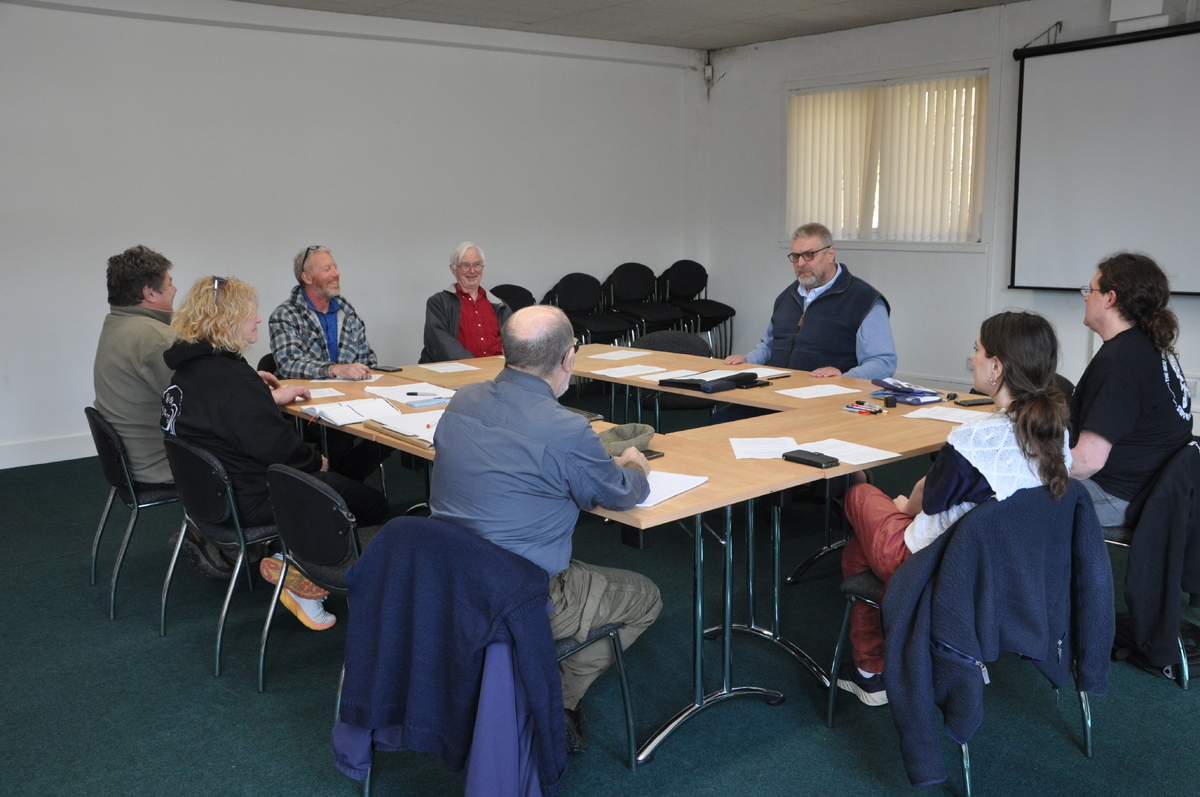
Last week, a meeting convened in Oban by volunteers at Seal Scotland and anti-salmon farm campaigner Don Staniford drew up a draft “safety protocol”, intended to set out guidance for fish farm operatives and other water users to ensure their mutual safety.
The meeting involved “marine users” including divers, swimmers, kayakers, tourist boat operators and animal rights activists. Some of those taking part also met privately with Argyll and Bute Police Inspector Matthew Shaw, set out the police’s understanding of the law applying to this area.
Shaw told the Oban Times, following the meeting: “Understanding the views of all members of our community is fundamental to how Police Scotland responds to the needs of the public and I was happy to meet with Mr Staniford and his associates to discuss their concerns. It was an open, honest, and informative meeting, whereby legislation guiding activity on tidal waterways was discussed.”
Don Staniford told the newspaper: “The roundtable discussion was incredibly useful in that coastal stakeholders were able to showcase worst practice on salmon farms with the hope of moving towards best practice… whether Mowi, Bakkafrost, like it or not the fact is that anyone has the freedom and inalienable right to dive, swim, snorkel, fish, film, sail or kayak alongside cages.”
Staniford and other activists have previously complained of salmon farm employees of harassing them and using workboats in a dangerous way to deter protestors. Anecdotally, some within the industry have also accused activists of harassing and attempting to provoke employees on the farms.
Mark Carter of Seal Scotland who chaired the roundtable discussion said; “Our meeting in Oban brought together kayakers, snorkelers, swimmers, tourist guides and boat operators raising serious concerns about safety at salmon farms but it was disappointing that nobody from the salmon farming sector, the Scottish Government or Crown Estate Scotland showed up.”
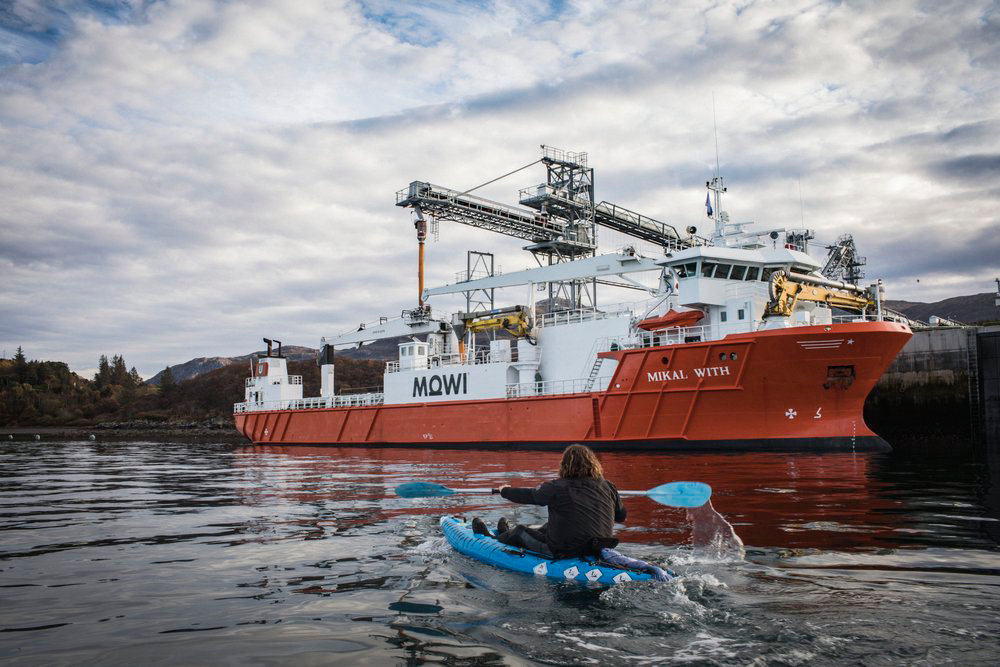
Look, don’t touch
The draft protocol sets out a “look, don’t touch” protocol for marine users navigating past or around salmon farms, and reiterates International Regulations for Preventing Collisions at Sea (COLREGs) and the United Nations Convention on the Law of the Seas. It advises marine users to “avoid salmon farm workers and work boats operating on site.”
The draft also sets out requirements for those working on the farms, for example requesting them not to “create a wake or wash which causes unnecessary danger to other water users”, and requiring that warning signs be displayed when the fish are undergoing any treatment. It also demands that “no firearms or weapons” should be kept on site.
Comments on the protocol are requested by 30 April.
A spokesperson for Salmon Scotland said: “Any meaningful discussions on farm operations should include regulators and industry experts, so the idea that a small group of anti-salmon activists who want to shut all salmon farming down should dictate how our members operate is risible.
"This is yet another misguided attempt by long-time activists to undermine a thriving sector that supports thousands of jobs, enjoys strong consumer confidence, and produces the UK’s top food export.
"Our members take their responsibilities seriously and work closely with regulators and local communities to uphold the highest standards of safety, sustainability, and animal welfare."
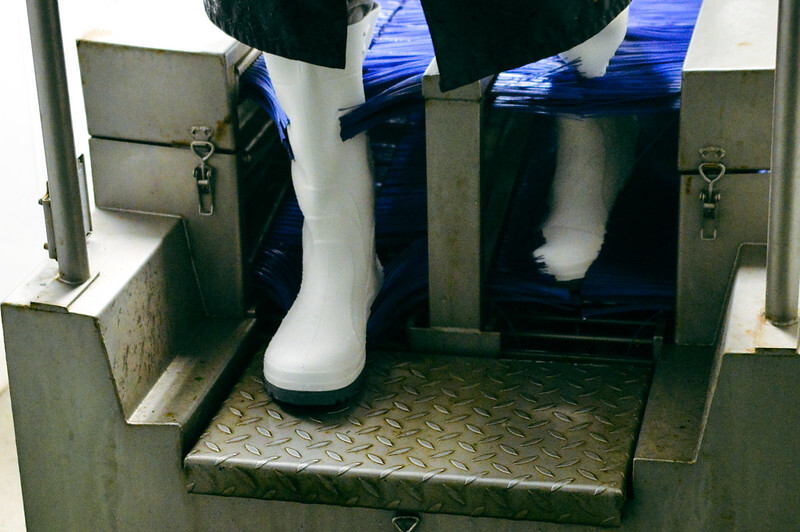
The right to navigate – or to protest?
At the heart of this initiative is a dispute over whether the right of navigation includes the right to approach a fish farm site at close quarters – especially if this is being done as a protest rather than simply in the course of navigating a waterway.
Existing advice from Salmon Scotland is to “respect the buoys” which clearly mark the area around a salmon farm in which marine users risk coming up against moorings and other equipment.
Salmon Scotland advises: “You should avoid swimming, diving or kayaking closer than 15 metres to a fish farm.”
RYA Scotland, the governing body for sailing and water sports in Scotland, says: “Fish cage anchors tend to extend outwards beyond the cages themselves but are not generally a hazard. It is wise however to give the cages a generous berth, particularly when a workboat is present. In a few places a feed store on land is connected to the cages by pipes near the surface so it is best to avoid passing between cages and the shore unless you are certain there are no feed pipes obstructing your passage.”
The RYA adds: “It is perfectly safe to sail in waters with aquaculture farms. Good seamanship, particularly with regard to keeping watch, is the key.”
Anti-salmon farming activists have disputed whether the 15-metre rule is enforceable and Don Staniford has cited a statement by Crown Estate Scotland to the effect that a fish farm lease does not prevent other users from navigating past the farm. However, the courts that have so far have upheld an order excluding him from two companies’ farms heard this argument, and have so far drawn a distinction between the right to navigate past a farm and the right to approach it directly or land on the structure.
In November 2024 the Court of Session upheld a court order banning Staniford from Mowi farms – although it lifted a ban that would have prevented him from approaching within 15 metres – and he has also given an undertaking not to “board, enter onto, physically occupy, attach himself to, or attach vessels to, all structures, docks, walkways, buildings, floats or pens of the aquaculture farming sites” operated by Scottish Sea Farms, pending a court case brought by that company.
The industry has always stressed that reckless behaviour by activists threatens not only the latter’s own safety but also presents a threat to the fish in pens, for example by spreading diseases.
